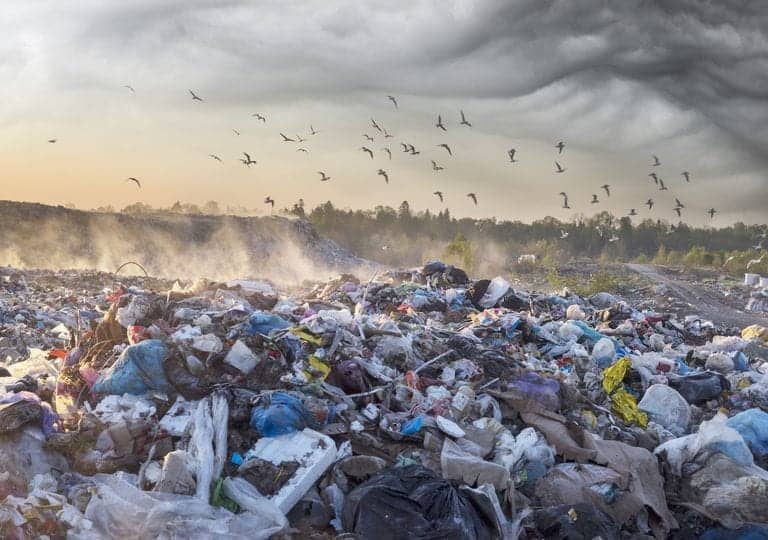With our rapidly warming climate, we can no longer ignore the worsening impacts for communities of color including Latino communities that already suffer most from extreme heat and severe weather events. On top of the pandemic, rising housing costs and inflation, pollution directly impacts a family’s health.
Many Latino families do not have access to health insurance, and an illness in our homes means having to decide between going to the market, paying rent, going to the doctor or buying medicine. We know this all too well, because hispanic children are 40 percent more likely to die from asthma, as compared to non-Hispanic whites. And like many families, thousands of Latino children have a more than 60% risk of suffering asthma attacks as a result of air pollution.
There is growing evidence that the onset of childhood asthma can be triggered by air pollution. More than 13 million people, including 3.5 million children, live near ports and railway stations. Another 45 million live within 300 feet of a highway or distribution center. Currently, heavy duty trucks and buses are the largest source of pollution in the US.
In a recent study by the Environmental Defense Fund, more than 30 million trucks on US roads generate 7% of US greenhouse gas emissions – more than aviation, maritime shipping and rail combined. EDF also found that committing to zero-polluting trucks and school buses by 2040 would significantly reduce ozone forming nitrogen oxide (NOx) pollution that disproportionately impacts people of color and lower income neighborhoods by 840,000 to 2.2 million tons by 2050.
We must commend the Biden-Harris administration for the work they’ve done to electrify school buses and for the historical investments made to electrify school buses, but we still need Congressional action to put us on the path to 100% clean electricity and to fully fund the wildfire mitigation plan.
The effects of smoke from wildfires can range from eye and respiratory tract irritation to more serious disorders, including reduced lung function, bronchitis, exacerbation of asthma and heart failure, and premature death. Children, pregnant women, and the elderly are especially vulnerable to smoke exposure. Widespread burning in summertime —and even springtime—is increasing rapidly in the West. The warmer and drier climate is expected to lead to more frequent and more intense fires near or within populated areas.
We must address the root of the problem by getting serious on climate change, and that starts at the voting booth and addressing systemic issues within our democracy. CHISPA organizes our communities to ensure they have the opportunities to share their concerns with elected officials and policy decision-makers. Those concerns include facing a changing climate with no resources that can help mitigate impacts.
This is particularly worrying for immigrants who have no safety net nor financial resources to escape dangerous conditions including wildfires. I’m an immigrant from Guatemala, who grew up in Los Angeles, CA undocumented and without access to health care . When I (Alejandra) was pregnant with my daughter, I was constantly exposed to toxic air pollution and wildfires. My neighborhood, predominantly low-income people of color, was surrounded by high-traffic corridors.
A few times throughout the course of my pregnancy, I vividly remember the toxic fumes of nearby wildfires infiltrating every crevice of our home with no way to escape it. We had no other family outside the area of the wildfires and were forced to stay. Nobody should have to breathe dirty air because of their racial/ethnic identity, financial or immigration status. However, we know that it is our comunidades who continue to be disproportionately impacted by environmental and climate injustice.
Latinos are also less likely to have access to those halls of power where decisions that impact our everyday lives are made. So, we keep fighting for a more equitable and representative democracy to achieve a racially just society where people of color can have access to clean and safe communities.
Latinos have great power and our presence is palpable throughout the country: let’s take advantage of it! We must advocate and support elected officials that will put people first and protect the climate for generations to come. Our children are depending on us. Congress, climate can’t wait, so why are you waiting to make the investments we need?
Alejandra Ramirez-Zarate is the Policy and Advocacy Director for Chispa (Spanish for ‘Spark’), an program of the League of Conservation Voters (LCV) with the single aim to better and create healthier environments in Latinx communities and communities of people of color.
Carolina Peña-Alarcón is the Manager of EcoMadres, a program of Moms Clean Air Force, which educates, engages and empowers members to have conversations with policymakers about the effect of the environment on the health of Latino children and communities.

